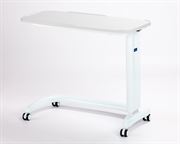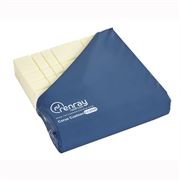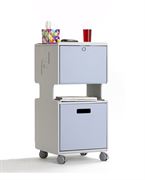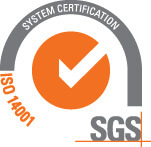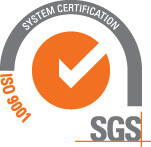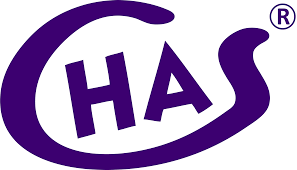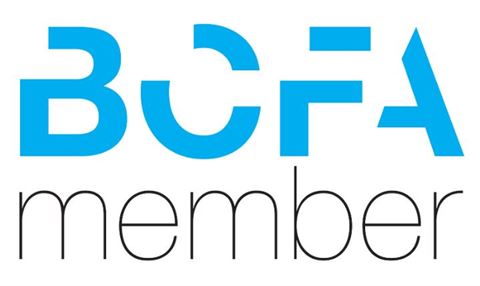What is Reminiscence Therapy?
Masny care homes and Healthcare environments use Reminiscence Therapy (RT) to engage their residents. It is frequently used to treat dementia or severe memory loss. RT works by enticing users to reflect on past events.
To elicit memories, RT may use objects or sensory stimulus. Examples include smells and sounds from a person's history. It is effective in both one-on-one and group situations.
BENEFITS OF REMINISCENCE THERAPY
Studies have demonstrated the benefits of memory therapy. Conditions that affect memory and brain function can benefit with RT. People with dementia have been effectively treated with it. As a result, conditions like Alzheimer's, Parkinson's, and Huntington's may benefit. Memory loss unrelated to specific disorders can also be treated with RT.
Reminiscence therapy can be used with other forms of therapy for residents. These include art therapy and psychodynamic therapy. Reminiscence therapy and psychodynamic therapy both focus on life events. Psychodynamic treatment, however, examines and understands those incidents. It aims to better a person's behaviours through comprehending them.
When focusing on creative outlets, music or art therapy is used. These may facilitate memory access. Along with RT, therapists may employ these various other types of therapy.
Other potential benefits of RT include:
- Improved mood and behaviour
- Better cognition
- Lessened strain on caregiver
- Higher confidence
- Reduced depression
- Better connection to loved ones
- Higher self-worth
HOW DOES REMINISCENCE THERAPY WORK?
Reminiscence therapy aims to facilitate a person's reconnection. RT can support relationships even when a person has memory loss. Others may use it to process certain life events.
As we get older, we may begin to feel alienated or left out. Using RT we may feel heard and appreciated using.
Specific areas of the brain are the focus of memory therapy. The areas involved in long-term memory and cognition are stimulated. RT promotes conversation on memories that have been hidden. Through sensory organs, it encourages those memories. The brain responds differently as a result of this. These responses may affect how you feel or act. According to studies, RT can promote greater engagement in senior care home residents. During RT sessions, those who were seen as being withdrawn opened up.
This therapy may also help family and caregivers, by helping better understand conditions like dementia.
HOW EFFECTIVE IS REMINISCENCE THERAPY?
Both the therapist and person in therapy must stay engaged for RT to be most effective. This is true for most types of therapy. However, reminiscence therapy has been found to improve cognition. It has been shown to decrease rates of depression. Good questioning and listening skills are key for a helpful RT session.
To work effectively both the resident and therapist need to stay focused. Good listening and questions are important to let the resident open up and enhance cognition.





